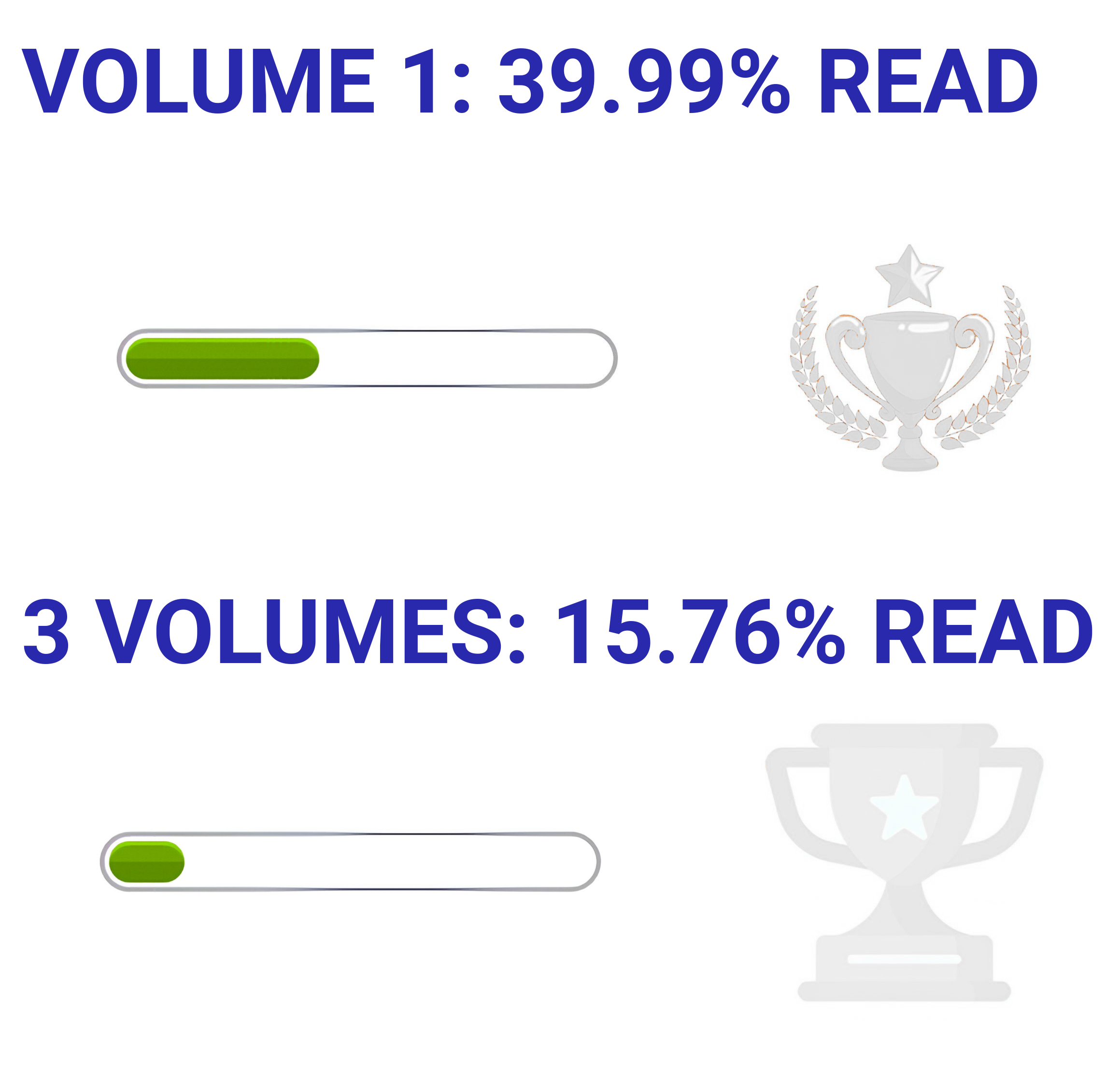Like what?
Selection bias.
Yeah, thi explains a lot of the anecdotal stuff.
Can be filtered out with statistical analysis of course.
I do actually. What of it?
Chance would dictate that the participant would guess correctly 25% of the time. The results showed a 26.6% hit rate. This is already easily explainable by pure chance.
"In a total of 6,000 trials, there were 1,559 hits (26.7%), significantly above the chance expectation of 25%" – the p value in that case is 0.041
I won't be investigating your other sources, because there is no evidence
"I will not look at the evidence because there is no evidence"..... thank you for conceding have a nice day.
Link me a peer-reviewed study that proves the existence of telepathy and premonitions and I will retract my statement.
-
Premonitions about the output of a RNG, significant results to the p<0.01 level: https://www.apa.org/pubs/journals/features/psp-a0021524.pdf
-
Meta-analysis of ganzfeld studies: https://sci-hub.ru/10.1037/0033-2909.127.3.424
Will you retract your statement now?
The main thing in designing a parapsychology experiment is ruling this out.
Like in the Bem-Honorton Ganzfeld experiments, subjects were in sensory-deprivation.
Or in Sheldrake's experiments on telephone telepathy, how can a sensory leak tell you what person is on the other end of the telephone?
There were some silly experiments published decades ago easily explainable by sensory leaks, like the Zener card stuff, but the field has moved on since then.
I feel like "oh it was sensory leaks" is one of the go-to explanations people use to support their preconceptions. But is it a good explanation? How is it a good explanation of the Ganzfeld experiments or telephone telepathy experiments?
It is on the believers of magic to present evidence of magic, and this is a task not a single person in all of history has managed even once.
They keep saying this dogmatically, but you can't just keep saying "The literature does not exist. There is no published literature." when there is tens of thousands of pages of it.
Nothing worth anything.
Now this is a different claim. So what flaws are in this PDF for example?
I'm discounting parapsychology because there is no scientific evidence of any kind
I can't confidently say something doesn't exist (e.g. "There are definitely no pink monkeys in Madagascar! I've never seen any!") if I have never searched. It seems weird to say "there is no scientific evidence of any kind" when there is, in abundance.
When you say "there is no scientific evidence of any kind", do you actually mean "there is no scientific evidence of the kind I like"? Or do you mean "I have never looked"?
Link me a peer-reviewed study that proves the existence of telepathy and premonitions and I will retract my statement.
Just off the top of my head, not necessarily the best/only ones:
-
https://www.sheldrake.org/files/pdfs/papers/A-Rapid-Online-Telepathy-Test.pdf
-
or just look at ANY issue of the Journal of the American Society for Psychical Research or the Journal of Parapsychology. Are you claiming these journals do not EXIST?
No. There's no evidence of any kind.
You're the third person who's said this, but what about the large body of parapsychology research that's been going on for 100+ years? Why doesn't that count?


"the autonomous movement of non-life" means that ideas have a life of their own, they are not under control of people
"The absolute denial of life, in the shape of a fallacious paradise, is no longer projected onto the heavens, but finds its place instead within material life itself" – living in a fantasy world rather than the real world. Advertising is a perfect example: the fantasy-world you see in ads. Computer games also are a good example.